A trader who was convicted of manipulating Solana-based decentralized exchange Mango Markets to pinch $110 million in crypto had his conviction overturned on Friday.
A jury last year convicted Avraham Eisenberg on counts of commodities fraud, commodities manipulation and wire fraud after he exploited the DeFi app, the sort that allows for the trading and lending of crypto assets without third-party intermediaries such as banks.
Eisenberg exploited a feature in the decentralized exchange—or DEX—that allowed him to artificially pump his collateral to trick the protocol into allowing him to “borrow” $110 million in crypto.
But a U.S. judge on Friday sided with Eisenberg, and scrapped his fraud and manipulation convictions on the basis that the evidence in the trial was not able to support the jury’s decision that he was guilty.
In short, Judge Arun Subramanian wrote that the rules for the DeFi app were vague. “Mango Markets had no rules and no one testified that Mango Markets users understood borrowing to reflect an intent to repay,” Friday’s ruling read.
He noted that Eisenberg’s defense relied “on the lack of any terms and conditions on the platform and the fact that Mango Markets was permissionless and automatic.”
In the crypto space, DeFi is the industry that aims to replace traditional financial services, like brokerages and banks.
Via apps—such as exchanges like Mango Markets—users can make financial transactions without a middleman, and take out loans or trade digital tokens permissionlessly, typically without disclosing personally identifiable information like names, email addresses, or physical addresses.
The fast-moving and experimental space is notoriously prone to hacks, and tales of users losing money are all too common.
Legal experts with whom Decrypt spoke had differing views on how fair Eisenberg’s outcome was.
Andrew Rossow, cyberspace and public affairs attorney with Rossow Law, said: “The original promise of cryptocurrency was accessibility and empowerment. Today, however, digital assets have become increasingly opaque, inaccessible, and misunderstood by the very consumers they were meant to serve.”
“The average individual is not only excluded from meaningful participation but is also left vulnerable to exploitation by sophisticated actors who operate with impunity,” he continued, adding that people in positions of power—such as President Donald Trump—were “prioritizing personal enrichment over principled governance in the digital asset space.”
Regulators and law enforcement have taken a softer approach to managing the fast-moving and convoluted space this year.
Under crypto-friendly President Trump—who himself has backed a DeFi project—regulators have scrapped a number of high-profile lawsuits against crypto companies and entrepreneurs.
The new commander in chief has also cashed in on the space, launching a meme coin ahead of his inauguration—drawing ire from Democrats.
Jeffrey Leavitt, an associate at Vedder Price, told Decrypt that while the Mango Markets case was worrying for DeFi founders, the judge got it right.
“Eisenberg was able to exploit errors in the underlying code for the Mango Markets protocol, inflate the value of the MNGO token, and withdraw collateral against MNGO tokens that were artificially inflated,” he said. “Under that framework, I don’t think there was evidence to support a fraud conviction.”
But he added: “The Mango Markets saga is a cautionary tale to DeFi founders—one error in the code can be fatal to the protocol.”
Prior to his arrest and original conviction, Eisenberg bragged about his actions on Mango Markets and taunted fellow users: “What are you gonna do, arrest me?” he famously tweeted at the time.
It now seems his bravado may have been on point. Except for one thing: Eisenberg still faces four years in prison for possession of child pornography, found on his computer during the investigation.

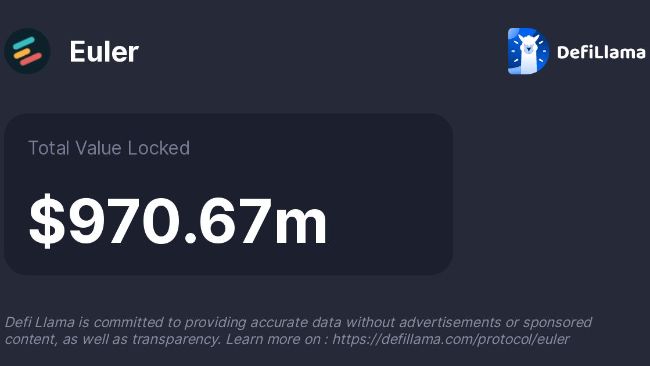


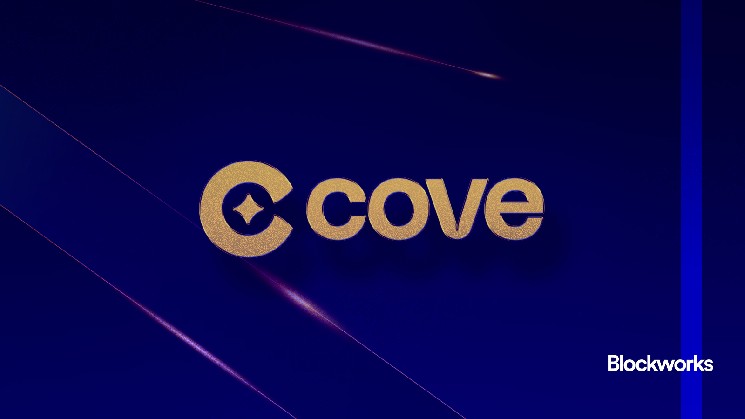
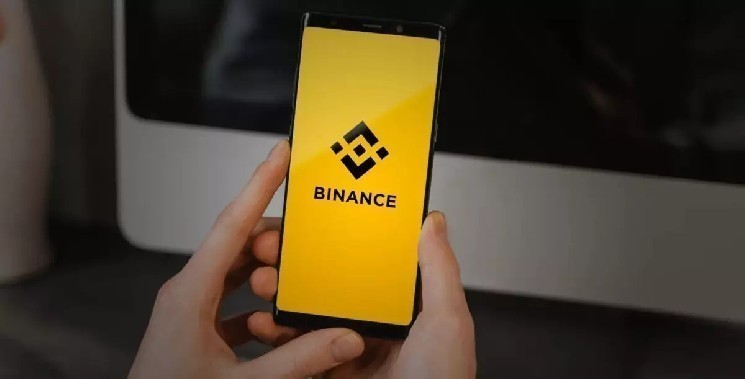
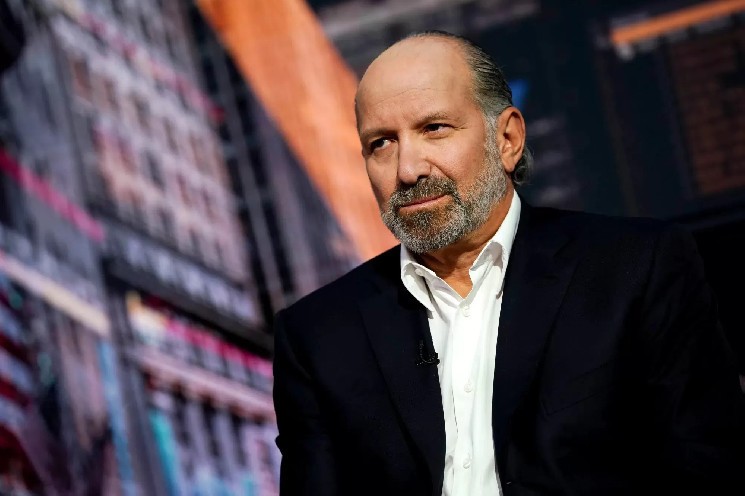

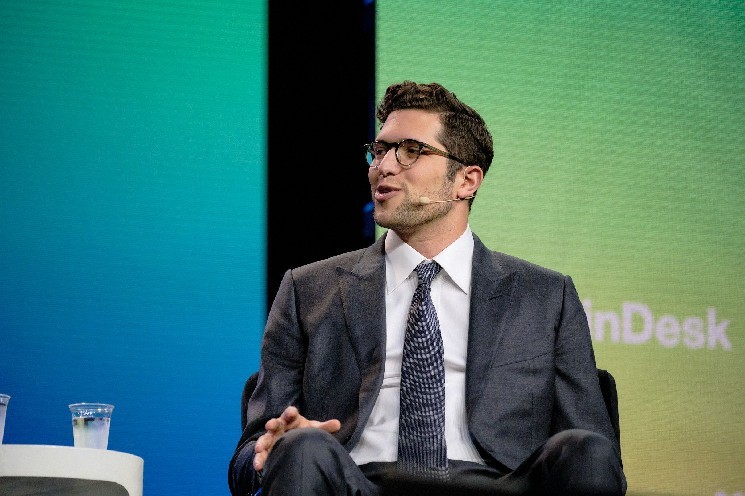
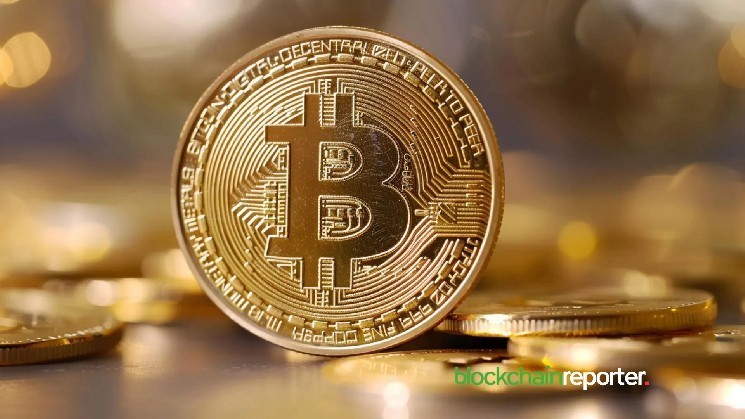



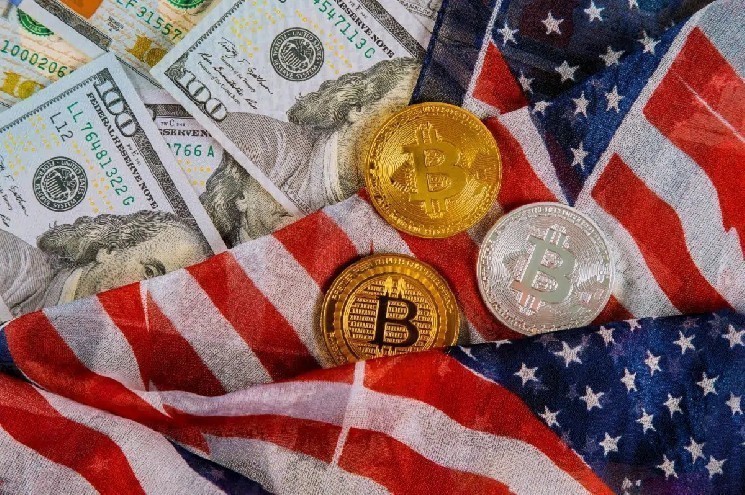

Leave a Reply